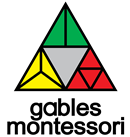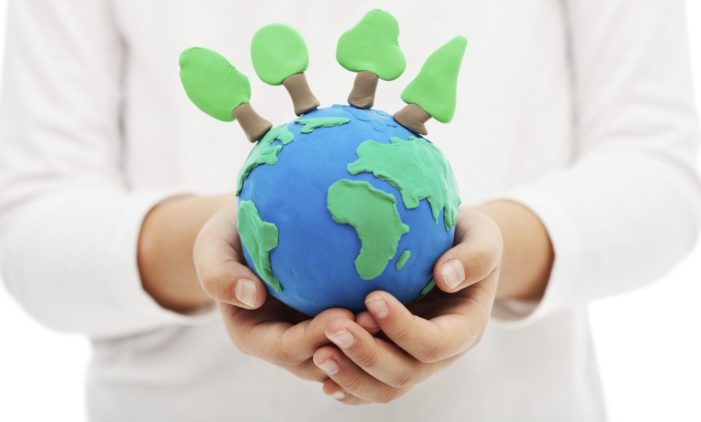Every human being must be conscious that lives in a planet that is a great ecosystem and it is shared with animals, plants and other important resources in perfect balance. Since early childhood we must teach our children to respect their home, the Earth. Thus, the environmental education must begin as soon as possible. Environmental education must be part of the daily training of your kids and maybe of the entire family. An easy strategy to begin is the education based on life experiences, that is, the use of the interactions with the environment as a source of learning, which helps to shape values, patterns of behavior and lifelong attitudes. Teachers and guides have an important role in this activity. Many young children have limited opportunities for these experiences, recreation tends to be indoors (watching TV, playing video games), transportation tends to be by car rather than walking, but undoubtedly is a parents and teachers task to design the best schedule in which children can develop games and any kind of interaction with the environment. Children must learn that cities are not the only habitat of the human being and that the water, the food, the air that they breathe come from a natural environment that must be protected and respected. Besides, it is important to consider that positive interactions with the natural environment are vital part of healthy child development and a route of union and entertaining for the family.
How can a family begin to develop and implement a program of environmental education? The best way is begin with simple experiences where children feel comfortable and happy. Choose a familiar place such as playground or a park to explore and observe plants and small animals. Teach your kids the value of the life of a tiny insect or the function of the trees producing oxygen. Try to provide the small ones of the house frequent positive experiences outdoors. The best learning is the result of direct and concrete contact. You can use many different strategies to transform a typical playground into an environmental yard. Some tools as magnifying glasses, water hoses and buckets may be useful for investigating.
Children learn through discovery and self-initiated activities so “experiencing” is better than “teaching.” Remember the figure of “the guide” as a facilitator more than a teacher. Let your children manipulate things, get dirty, to feel the temperature of the air, walk freely towards in what he is interested. Do not appear as anybody who fulfills a duty, as parent you should demonstrate personal interest in the natural world. If you as parent get involved in a sense of wonder, you may ignite your child´s love of nature. Feelings are more important than facts when you are introducing young children to the world of nature. At home, parents must be models of caring and respect of nature. At the classroom these feelings can be modeled by gently handling plants and animals, properly disposing of trash, and recycling or reusing as many materials as possible.







No Comments Yet